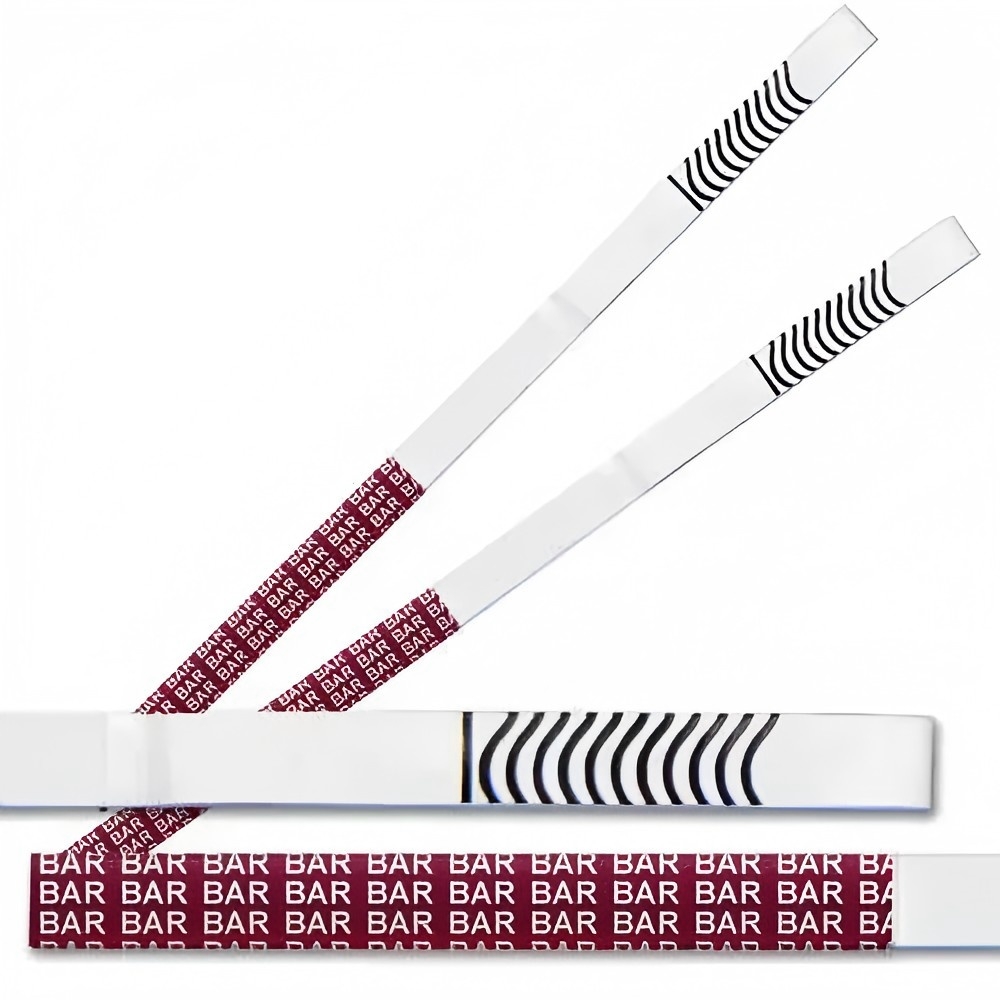Introduction to Colloidal Gold Rapid Tests
colloidal gold rapid screen tests are a groundbreaking diagnostic approach that leverages the optical properties of gold nanoparticles. These tests have revolutionized point-of-care diagnostics by offering a highly sensitive and rapid method to detect a wide range of diseases. As a manufacturer, factory, or supplier of these tests, it is crucial to understand their capabilities and applications in the modern healthcare landscape.
Viral Infections Detectable by Colloidal Gold Tests
SARS-CoV-2 Detection
Colloidal gold immunochromatography assays (GICA) have been instrumental in the detection of SARS-CoV-2, the virus responsible for COVID-19. By identifying specific immunoglobulin M (IgM) and immunoglobulin G (IgG) antibodies in patient samples, these tests provide rapid results, often within 10 to 15 minutes. The sensitivity of these tests can reach up to 71.1%, with a specificity as high as 96.2%, making them a reliable option for diagnosing COVID-19.
Hepatitis B Screening
Colloidal gold-enhanced immunoassays are effective in detecting Hepatitis B virus (HBV) infections. The tests, such as those detecting HBc IgM, utilize a nitrocellulose membrane that reacts with the patient's blood, serum, or plasma to indicate a positive or negative result. This approach is especially beneficial in home testing kits, allowing individuals to take charge of their health and seek timely medical interventions when necessary.
Bacterial Infections Identified through Colloidal Gold Tests
Brucellosis Detection
Brucellosis, caused by Brucella species, is detectable via colloidal gold-based tests that specifically target the lipopolysaccharide (LPS) antigen. This method offers a high degree of sensitivity, making it suitable for use in clinical and field settings. For manufacturers and suppliers, incorporating these tests into diagnostic solutions ensures effective management of this zoonotic infection.
Other Bacterial Infections
Colloidal gold tests are also applied in detecting other bacterial infections, leveraging their ability to identify pathogen-specific antigens or antibodies. These tests quickly provide results, enabling prompt medical responses, which is crucial in controlling the spread of infectious diseases.
Parasitic Diseases and Colloidal Gold Detection
Malaria Diagnosis
Malaria, a life-threatening disease caused by Plasmodium parasites, is efficiently diagnosed using colloidal gold-based rapid tests. These tests can detect specific antigens from different Plasmodium species, including P. falciparum and P. vivax, providing a reliable and quick diagnostic tool in endemic regions. For factories specializing in diagnostic kits, these tests are essential in the fight against malaria.
Dengue Virus Detection
Colloidal gold tests are also employed to identify Dengue virus infections by detecting Dengue NS1 antigen and antibodies. The advanced design of these tests provides comprehensive diagnostics, essential for timely treatment and management of Dengue fever.
Non-Communicable Diseases: New Horizons
While colloidal gold rapid tests have predominantly been used for infectious diseases, research shows potential applications in non-communicable diseases (NCDs) such as certain types of cancers. The specificity of these tests in detecting particular biomarkers is promising for early detection and management of NCDs. Suppliers and manufacturers are advised to explore these applications to broaden their test offerings.
Leveraging Colloidal Gold Tests for Pandemic Preparedness
The ongoing need for efficient diagnostic tools in pandemic situations highlights the importance of colloidal gold tests. With their rapid turnaround time and ease of use, these tests are invaluable in managing public health crises, ensuring that factories and suppliers are key contributors to global health security.
Advantages of Colloidal Gold Rapid Tests
- High Sensitivity and Specificity: These tests provide reliable results quickly, essential for effective medical interventions.
- Ease of Use: Minimal training is required, making them accessible for widespread use in diverse healthcare settings.
- Cost-Effectiveness: Lower production costs ensure these tests are affordable and scalable for manufacturers.
Challenges and Limitations of Colloidal Gold Tests
Despite their advantages, colloidal gold tests face challenges such as potential cross-reactivity and the need for confirmatory testing in some cases. Manufacturers should continue refining these tests to overcome these limitations and expand their diagnostic capabilities.
Technological Innovations in Colloidal Gold Testing
Ongoing developments in nanotechnology and biochemistry are enhancing the functionality of colloidal gold tests. Innovations in reagent stability and test line design are improving the accuracy and usability of these diagnostic tools, signaling a bright future for factories and suppliers in the field.
Conclusion: The Future of Colloidal Gold Rapid Testing
Colloidal gold rapid screen tests are a versatile and vital component of modern diagnostics. As technology continues to advance, these tests will play an increasingly important role in global health care, providing quick, reliable, and accessible solutions for both infectious and non-communicable diseases.
Hysen Provide Solutions
Hysen offers state-of-the-art colloidal gold rapid test solutions, ensuring high sensitivity and specificity for diagnosing a range of diseases. Our tests are designed with precision, providing reliable and quick results to meet the needs of patients and healthcare providers alike. As a leading manufacturer, supplier, and factory of diagnostic tests, Hysen is committed to advancing healthcare diagnostics through innovation and quality assurance.

Post time: Jul-31-2025
















